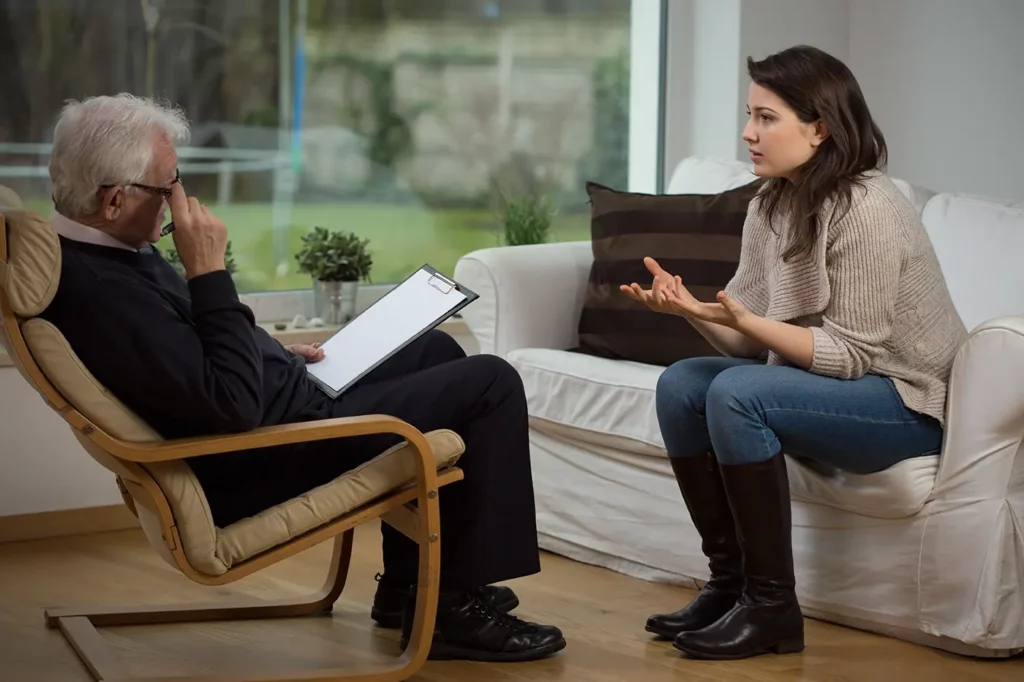24/7 Helpline:
(866) 899-221924/7 Helpline:
(866) 899-2219
Learn more about Opioid Rehab centers in Monona County
Opioid Rehab in Other Counties

Other Insurance Options

Private insurance

Health Choice

BHS | Behavioral Health Systems

Kaiser Permanente

Health Net

Holman Group

Molina Healthcare

WellCare Health Plans

Highmark

Carleon

AllWell

Group Health Incorporated

UnitedHealth Group

Evernorth

Lucent

Absolute Total Care

United Health Care

EmblemHealth

Health Partners

Self-pay options

Burgess Health Center – Mental Health
Burgess Health Center – Mental Health is a private rehab located in Onawa, Iowa. Burgess Health Cent...

Lakeland Mental Health Center – Moorhead
Lakeland Mental Health Center – Moorhead is a private rehab located in Moorhead, Minnesota. Lakeland...

Gull Harbour
Gull Harbour is an Intensive Residential Treatment Services (IRTS) program. It includes time-limited...

Maple Mountain Recovery
Maple Mountain Recovery provides a full continuum of holistic addiction treatment for adults in Mapl...

























Jackson Recovery Center – 10th Street
Jackson Recovery Center - 10th Street offers outpatient treatment for adolescents with alcohol and/o...

Anchorage
Anchorage is a private rehab located in Moorhead, Minnesota. Anchorage specializes in the treatment ...

Solutions Behavioral Healthcare Professionals
Solutions Behavioral Healthcare Professionals is a private rehab located in Moorhead, Minnesota. Sol...













































